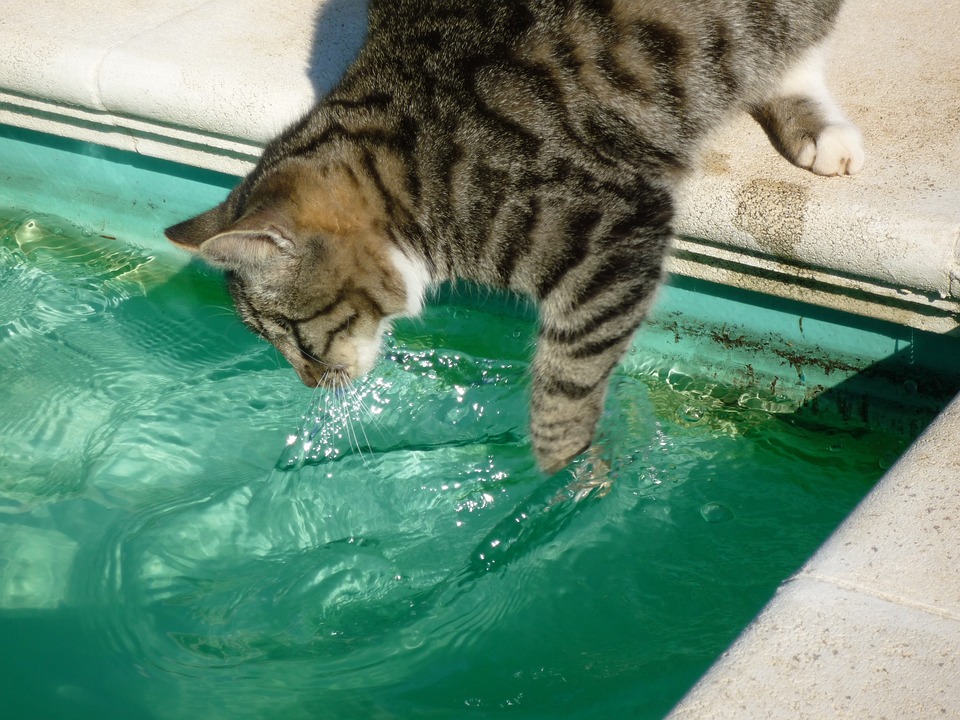In this comprehensive guide, we will explore the reasons behind fish scratching behavior in fish tanks, potential causes, and effective solutions to keep your fish healthy and happy. We will also address common concerns and frequently asked questions regarding fish scratching behavior.
Fish scratching behavior is a common occurrence in fish tanks, and it refers to the act of fish rubbing themselves against various objects within the tank. It is essential to understand why fish scratch themselves to ensure their well-being.
There are several reasons behind fish scratching behavior, with external parasites being one of the primary causes. External parasites such as Ich, flukes, and anchor worms can infest fish and cause itching and discomfort. Understanding the impact of these parasites on fish health is crucial for addressing scratching behavior.
Recognizing fish scratching behavior is essential for early intervention. Signs that indicate fish scratching include rubbing against objects, flicking, or darting. Observing changes in fish behavior and appearance, as well as monitoring fish interaction and aggression levels, can help differentiate between normal behavior and excessive scratching.
Poor water quality is another potential cause of fish scratching behavior. Inadequate water parameters, such as high levels of ammonia, nitrites, nitrates, and imbalanced pH levels, can contribute to fish discomfort. Regular water testing and maintenance are essential for preventing and addressing scratching behavior caused by poor water quality.
Skin irritation and infections can also lead to fish scratching. Identifying signs of skin irritation, such as redness, inflammation, or lesions, is crucial for addressing the issue. Bacterial and fungal infections can also contribute to fish scratching behavior. Maintaining cleanliness and hygiene within the fish tank is essential for preventing skin irritation and infections.
Stress and environmental factors can also play a significant role in fish scratching behavior. Overcrowding, incompatible tank mates, and inadequate hiding spots can all cause stress, leading to scratching. Creating a stress-free environment for your fish, with suitable hiding spots and compatible tank mates, is important for preventing scratching behavior.
When it comes to solutions and treatment for fish scratching behavior, isolating affected fish for observation and treatment is crucial. Medications and treatments for external parasites should be administered following proper dosage and treatment duration. Improving water quality through regular water changes, utilizing water conditioners and filtration systems, and maintaining optimal water parameters are also essential. Enhancing the fish tank environment by providing suitable hiding spots, ensuring compatibility among tank mates, and maintaining an appropriate tank size and space can also help prevent scratching behavior.
Here are some frequently asked questions regarding fish scratching behavior:
1. Can fish scratching behavior be a sign of disease?
2. How do I identify the specific parasite causing fish scratching?
3. Can poor water quality alone cause fish scratching behavior?
4. Do different fish species scratch more than others?
5. How can I prevent fish from scratching in the future?
6. Are there any natural remedies for treating fish scratching behavior?
7. Can fish scratching behavior be harmful to other tank mates?
8. Is scratching behavior more common in freshwater or saltwater fish?
9. Should I consult a veterinarian if my fish continue to scratch despite treatment?
10. How long does it usually take for fish scratching behavior to subside after treatment?
Understanding fish tank fish scratching behavior is crucial for maintaining the health and well-being of your aquatic pets. By recognizing the causes and implementing appropriate solutions, you can ensure a comfortable and stress-free environment for your fish. Remember to closely monitor your fish’s behavior, water quality, and make necessary adjustments to prevent fish scratching behavior in the future.









